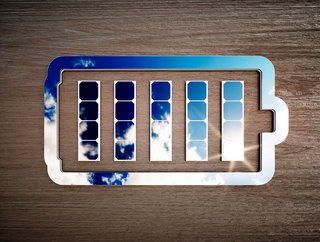Transpower: Energy storage systems could be game changing for New Zealand

In the wake of New Zealand being announced as the world leader in zero emission renewable grid electricity, now at 85%, Transpower New Zealand has revealed that the construction of energy storage systems across the country could be game changing for the country’s economy by 2020.
Transpower has particularly highlighted that distribution-connected or community scale batteries are expected to play a major factor economically for both homes and businesses.
“We are actively evaluating opportunities for using new technologies throughout our network,” said Stephen Jay, Transpower’s General Manager for Grid Development.
“We are preparing for what that future looks like and this battery research is the first of a number of reports we will release looking at technologies that could possibly have an impact on our business.”
See also:
-
European home energy management systems double in number – Delta-ee
-
UK opens InTEGReL research centre in bid to develop zero carbon energy network
In light of the company’s research, Transpower is now set to start conducting trials of battery storage systems, working with industry leaders to push for pricing reforms that the company believes is needed to “unlock the value of battery systems to maximise their value”.
“Battery projects at lower voltage distribution substations and at a consumer level are forecast to be economic in the next few years, due to the declining cost of battery systems,” Jay continued.
“Over time, we believe they will also become economic for the high voltage transmission grid and this will then provide battery resilience across the whole supply chain.”
The report predicts that battery storage systems are expected to delay and even replace the need to build thermal peaking plants, and should also reduce the cost of electricity to consumers over time.
Furthermore, Transpower states that a greater emphasis on battery storage projects would support national plans to implement electric vehicles more readily, with government agenda aiming to up the existing number of electric automobiles from 3,000 to 64,000 by 2022.






